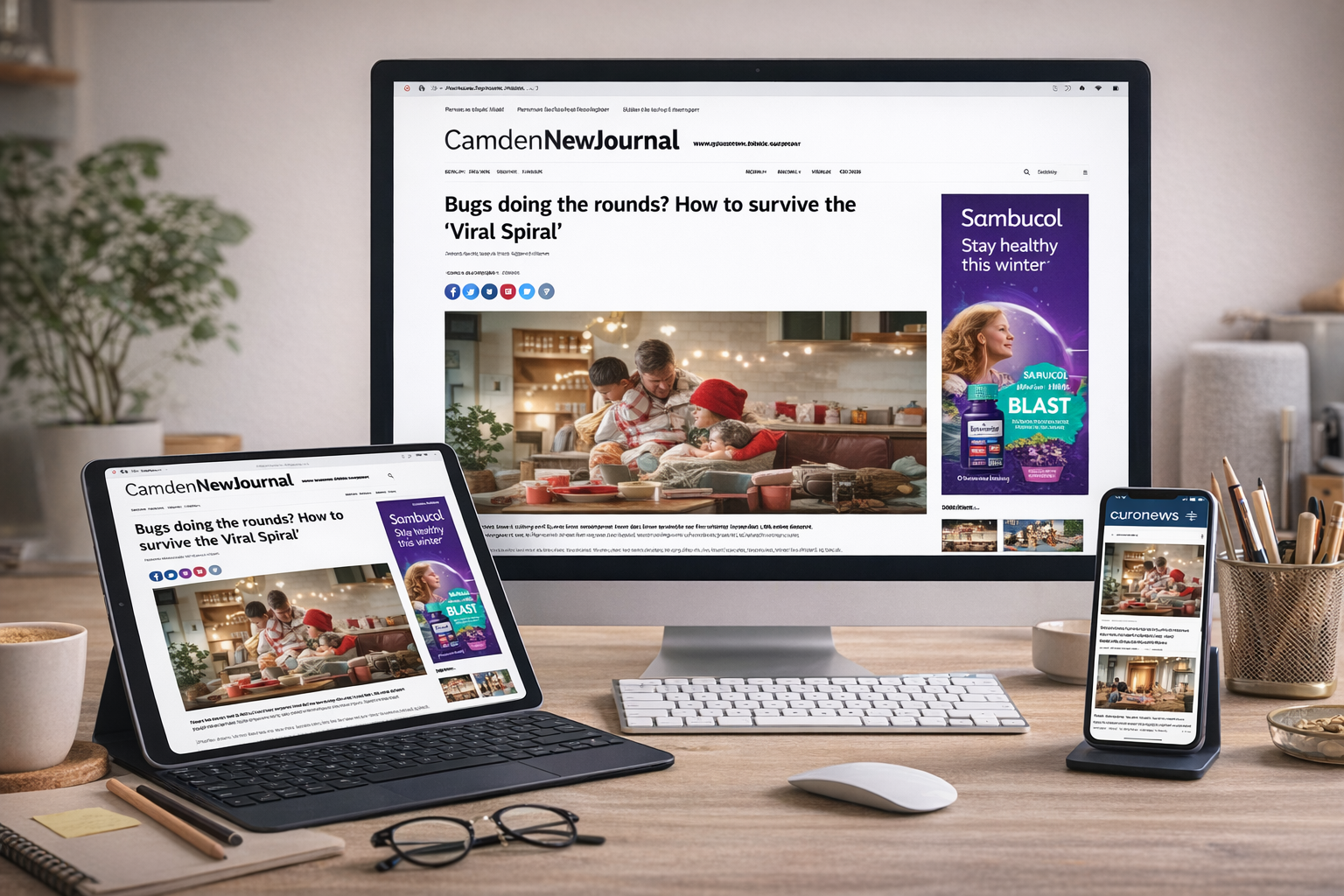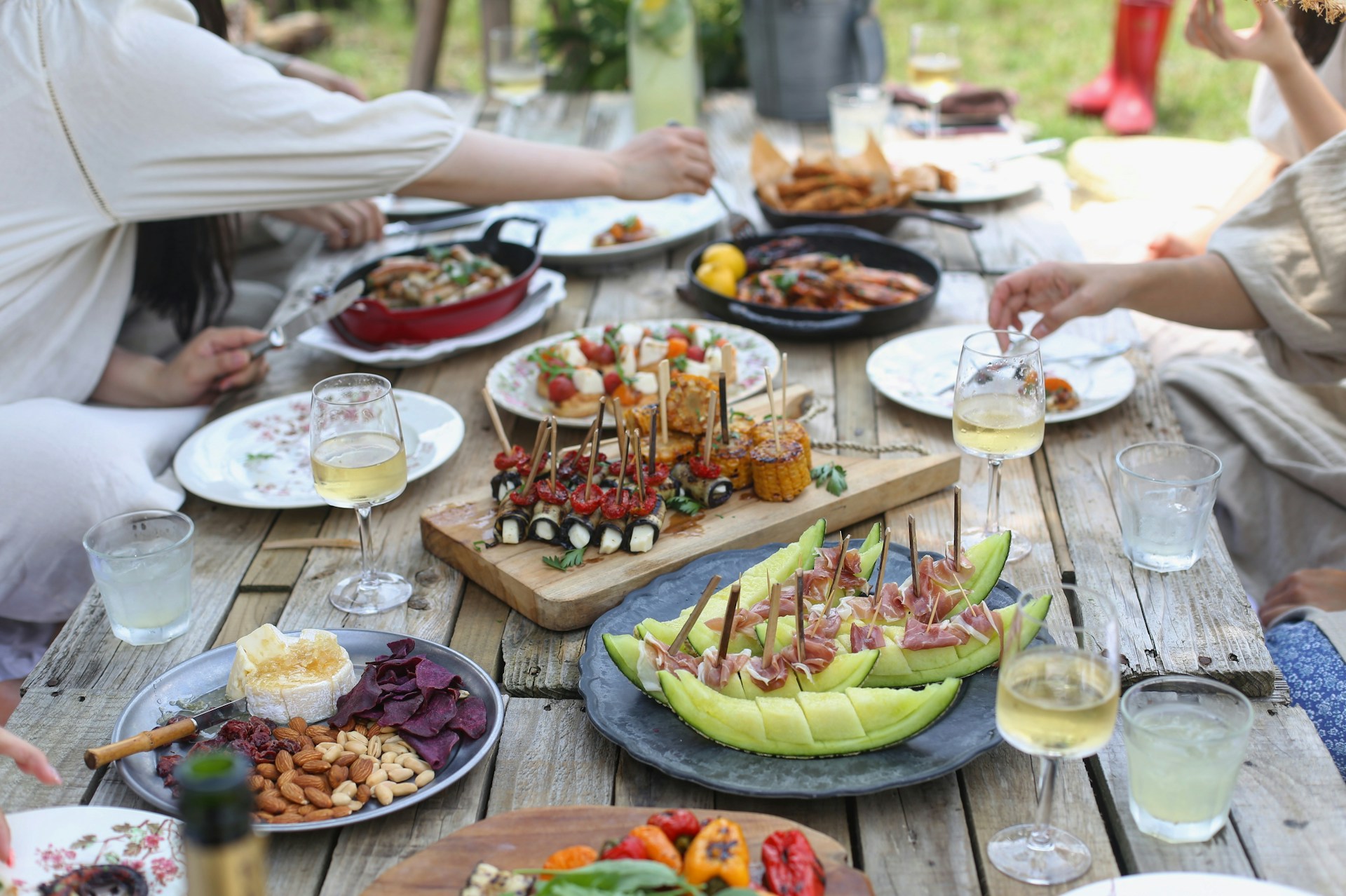
How shifting booking habits are redefining travel
Is spontaneity the new normal in travel? Last-minute bookers may dominate, but luxury and wellness travellers still favour early planning — leaving brands to juggle very different timelines.
As the UK heads into colder months, winter travel remains firmly on the agenda. But the real transformation in 2025 isn’t where people are going — it’s when they’re booking. Lead times are shortening, behaviours are fragmenting, and brands are under pressure to catch consumers in increasingly narrow windows of intent.
The rise of last-minute culture
Younger travellers are the engine of late bookings. Over 60% of Gen Z now leave winter breaks until the final month, according to Skyscanner’s 2025 Travel Trends Report, capitalising on hybrid work patterns and low-cost deals. Millennials mirror the behaviour, opting for weekend city breaks, budget flights, and spontaneous getaways that fit into busy lifestyles.
Families, too, are adapting. ABTA’s Holiday Habits 2025 survey reports that many now book once school timetables are confirmed, favouring shorter, budget-conscious 5–7 night trips over the traditional two-week package holiday.
The counter - trend: early planners and leisure seekers
Not every traveller embraces spontaneity. Affluent travellers and empty nesters are sticking to early-booking patterns, with premium operators such as Kuoni and Luxury Escapes UK reporting lead times of 6–9 months for curated itineraries and long-haul packages.
Similarly, wellness and leisure-focused travellers are planning further in advance. Demand for retreats, spa resorts, and immersive health-focused escapes is particularly strong, driven by limited capacity and the need to secure coveted spots early.
Global Wellness Institute (2025) highlights that wellness tourism has grown by 14% year-on-year, with consumers locking in spa stays, yoga retreats, and alpine wellness programmes 8–12 weeks ahead of departure. Ski markets follow a similar pattern, where chalets, passes, and group bookings sell out quickly each season.
This divergence - the surge in late bookings versus the structured planning of luxury and wellness travellers, illustrates the highly fragmented marketplace facing travel brands today.
What’s driving the shift
• Economic caution: A PwC UK Consumer Sentiment Survey (2025) confirms consumers remain cautious, delaying spend until financial clarity improves.
• Deal hunting: With 70% of Brits comparing multiple booking sites before committing discretionary travellers are stalling to secure added value.
• Lifestyle fluidity: Hybrid work, shifting school calendars, and childcare commitments encourage families and younger consumers to book closer to departure.
• Expectation of flexibility: Flexible policies are now non-negotiable. Expedia’s 2025 Travel Outlook confirms cancellation and rebooking remain top booking filters, enabling consumers to confidently delay decisions.
The marketing implications
For travel brands, this fragmentation reshapes campaign strategy. Gone are the days of a one-size-fits-all seasonal push. Instead, brands must run campaigns that are dynamic, segmented, and aligned to different consumer rhythms — from last-minute adventures to long-planned wellness escapes.
Stay always-on: Browsing starts months before booking does. Google Travel Insights notes that winter sun searches in the UK peak as early as September. Brands that seed destination storytelling, user videos, and aspirational imagery early will stay front of mind.
Target decision tipping points: Families gravitate toward the 6–8 week booking window, affluent and long-haul households plan 6–9 months out, and younger travellers convert in the final fortnight. Tactical bursts aligned with these peaks drive performance.
Segment the message:
• Affluent travellers: Stress scarcity, exclusivity, and tailored experiences early.
• Families: Emphasise simplicity, bundled value, and family-centred options nearer to school breaks.
• Gen Z and Millennials: Focus on spontaneity, mobile-first deals, and flexibility for last-minute getaways.
• Wellness and spa seekers: Highlight the restorative benefits of retreats, early planning needed to secure bookings, and bundled leisure packages that promise balance and care.
• Make reassurance part of inspiration: Wellness travellers, families, and cautious spenders alike respond to clear policies, fair pricing, and cancellation safeguards. Incentives such as booking credits or loyalty rewards strengthen certainty.
Leisure as a growth driver
2025 has seen a surge in travel not just for escape, but for restoration. From alpine wellness lodges to UK-based spa hotels, the trend reflects a lifestyle pivot toward integrating health and leisure within travel choices. Euromonitor’s 2025 Travel Lifestyles Report forecasts wellness and spa tourism will outpace traditional holiday categories, particularly in Europe, as consumers prioritise mental and physical reset. For marketers, this adds an additional layer: selling not only destinations, but transformative outcomes.
Inspiring with reassurance
The biggest trend of winter 2025 is balance: consumers want inspiration to dream, but reassurance to decide. A Booking.com traveller confidence survey (2025) found that 74% of respondents were more likely to book if reassured about refunds and flexibility, underscoring how trust now plays as big a role as imagery.
For travel and leisure brands, success lies in fusing the aspirational with the credible. Campaigns that pair vivid storytelling with promises of value, care, and flexibility will capture last-minute adventurers, long-term planners, and wellness seekers alike. In a marketplace shaped by compressed timelines and fragmented motivations, reassurance isn’t just a supporting message — it’s the one that converts.





